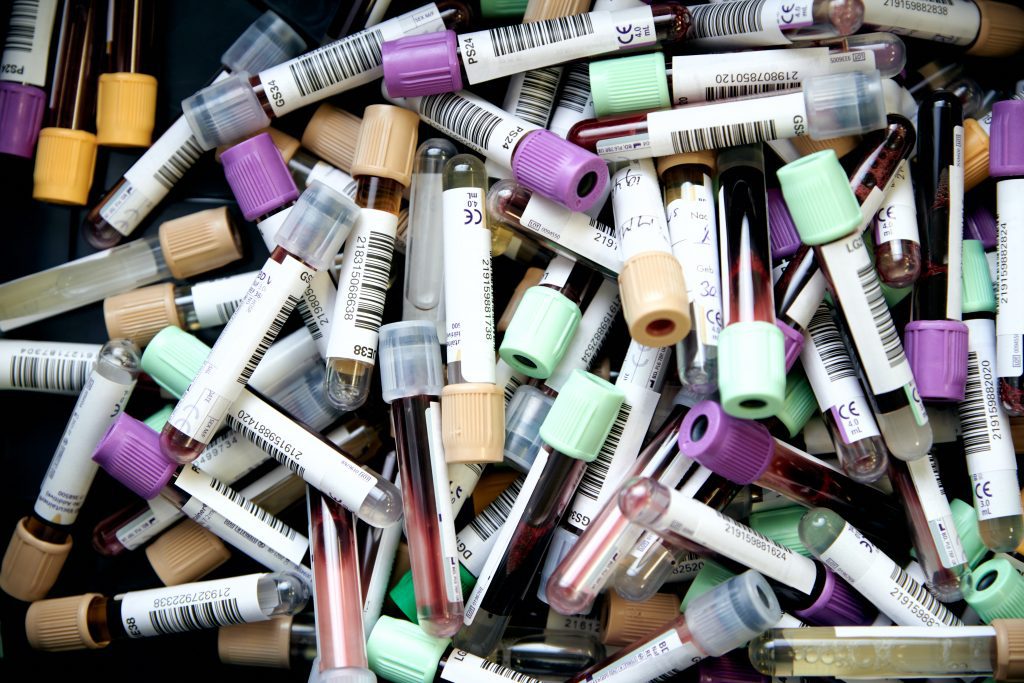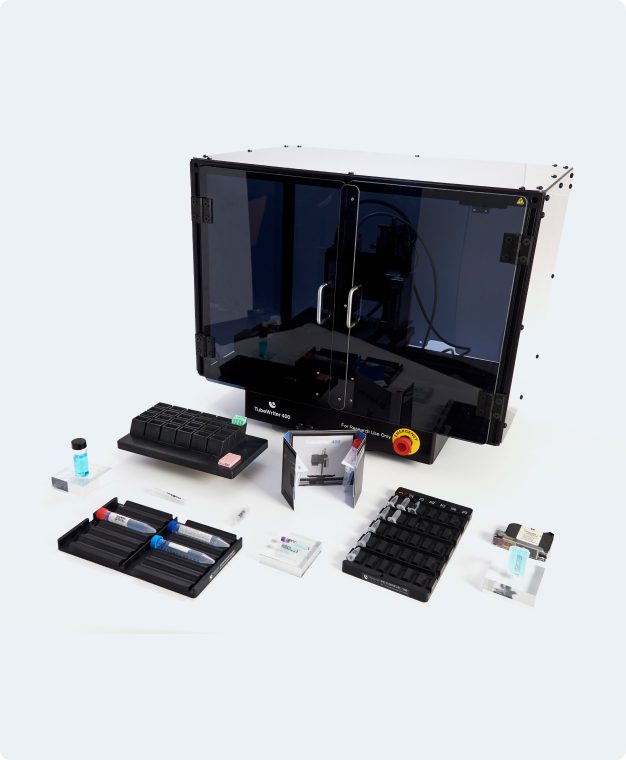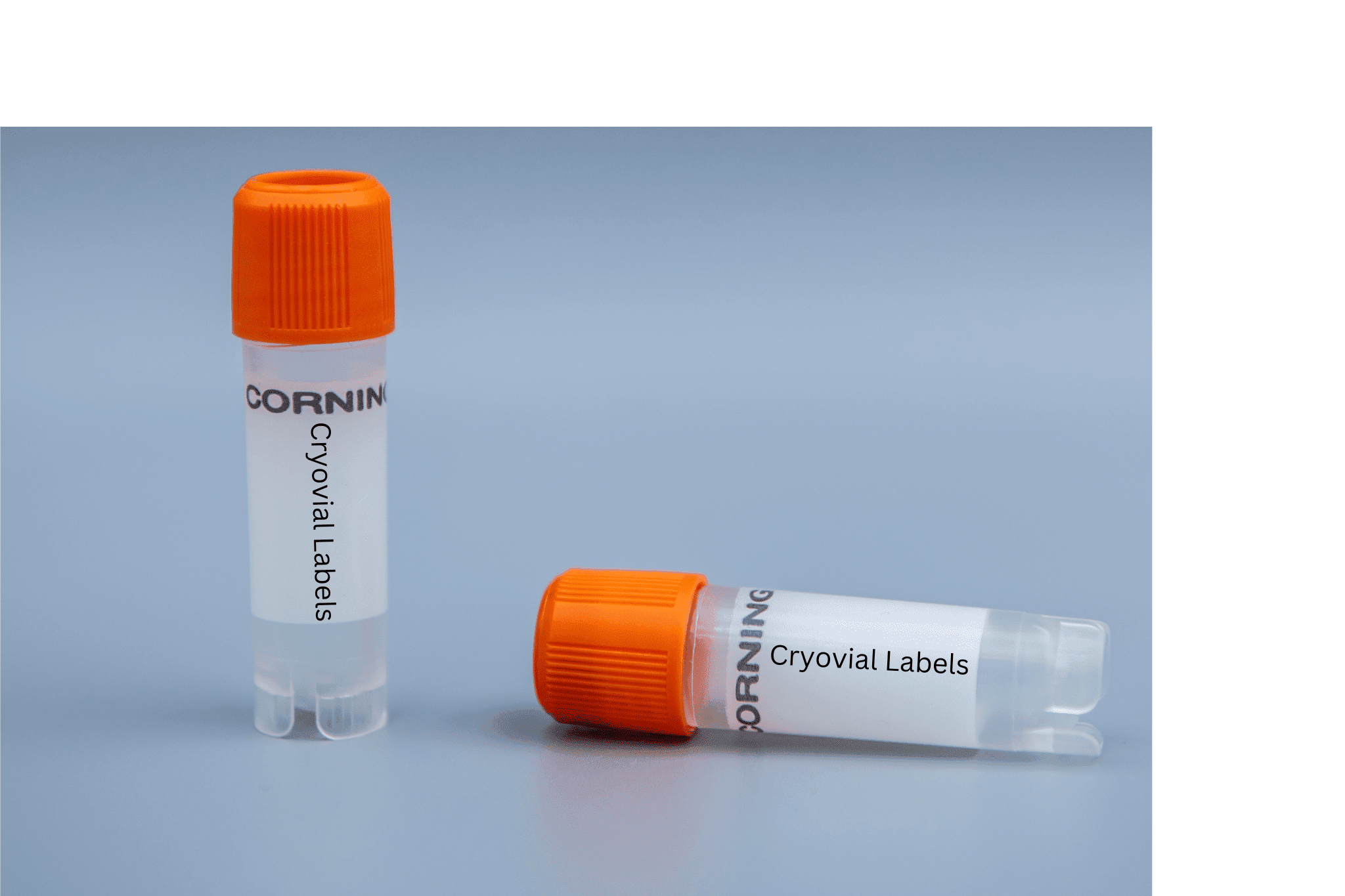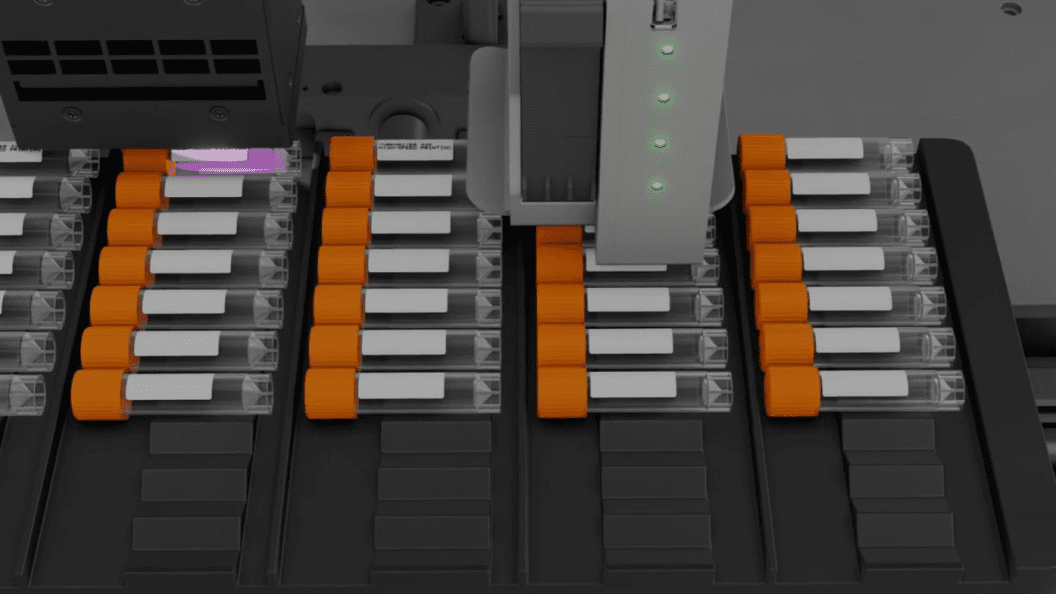Many scientific disciplines are facing difficulty in producing reproducible findings, which brings into question the validity of data. This is where biobanks have an important role to play in enhancing reproducibility throughout the life sciences. Biobanks provide sample management services and improve access to high quality biological specimens, thereby improving sample integrity and the quality of data. In this article we discuss the challenges faced by labs in preserving sample and data quality, and how biobanks can help researchers produce reliable and replicable results.
The Importance of Sample Integrity
Preserving the integrity of samples is integral to producing accurate data and ensuring the reproducibility of results. A ‘replication crisis’ is currently besetting the sciences, with many researchers unable to reproduce the results of their peers, and some even unable to reproduce their own findings. This leads to the publication of non-credible research findings which can have significant knock-on effects, such as the spread of disinformation. Papers whose findings cannot be replicated are cited 153 times more due to their hypotheses being interesting. The lack of reproducibility in research findings is contributing to a lack of trust in research processes, and substantial costs in re-planning and re-running analyses. In the US, the estimated financial burden of being unable to replicate results is around $28 billion each year.
Reproducing research is costly and inconvenient – costs for any laboratory are already likely to be high, meaning staff and managers will be cost-averse and time-strapped, with the reproduction of past experiments presenting an unwelcome financial burden. Replicating experiments takes time, which can cost lives in cases where scientists are working towards the creation of important drugs and therapies. Study design, biological sample integrity, lab protocols, data analysis, and reporting are all highlighted as areas needing improvement in order to enhance reproducibility. Implementing and standardizing best practices is crucial in easing the replication crisis. This is where biobanks can help to improve the quality of results, owing to their highly controlled sample handling procedures.
Challenges in Maintaining Sample Integrity
Maintaining Ambient Conditions
It is crucial for accurate analysis that sample conditions be maintained carefully to prevent specimens becoming compromised. Even small fluctuations in temperature, humidity, light exposure, and physical shock can impact the quality of specimens enough to render them unusable or negatively impact data. There are many stages leading up to and during the analytical process at which samples can become compromised. For instance, during sample collection, technicians may fill entire batches of racks with samples before transporting them to storage. The first samples placed into the rack will be exposed to ambient conditions for the longest duration and may subsequently undergo changes. Furthermore, biological samples may be collected from all over the world for use in studies and trials – transporting these samples safely requires expertise and careful control of storage conditions in transit. Many samples will have limited acceptable stability times and will become compromised quickly if improperly stored or transported. Failure to carefully monitor conditions during transit can be costly, with the average pharmaceutical company losing $150,000 each year due to temperature slips when transporting samples.
Risks in Sample Transportation
Another stage of the process to be wary of is the transportation of specimens with dry ice. Dry ice subsists at -80 degrees Celsius, yet temperature in containers may rise as high as -50 degrees Celsius due to heat transfer from sample trays. Similarly, accessing samples stored in freezers can create harmful temperature fluctuations. Opening freezer doors to retrieve samples exposes them to warmer air, with the samples closest to the door being the most affected. A related issue occurs from the use of storage racks – retrieving a single sample requires removal of an entire plate of tubes from their storage conditions, affecting the state of the entire batch. There is also the possibility that racks may freeze into blocks that can only be separated after thawing. Finally, improper sample organization in freezers can impede air circulation, resulting in differentiated warm and cold spots and potentially altering sample states. To combat this, samples should be organized in relation to air circulation paths.
How Biobanks Help Maintain Sample Integrity
As labs across the life sciences see throughput increasing, the need for access to high quality lab support services is increasing in tandem. Global demand for specialized sample processing is increasing – biobanks process large volumes of samples and tend to have more sophisticated automation and analysis equipment than smaller-scale labs and may present a more cost-effective alternative to in-house processing. Automation systems, such as the TubeWriter labeling system, help biobanks to increase throughput by freeing up staff time spent on repetitive manual tasks, and enhance the quality of results by eliminating human error from processes such as tube labeling. Biobanks can play an important role in enhancing the reproducibility of results owing to their high standards relating to sample integrity. Biobanks uphold stringent quality assurance and control standards to regulate sample transportation, processing, storage, and analysis. By using biobanks to store or process samples, labs can enjoy a degree of assurance about the preservation of sample integrity, which in turn improves the reliability of data and the reproducibility of findings.
It is important that sample processing can be carried out consistently reliably, with certain types of analysis such as DNA/RNA processing requiring a high degree of precision. Biobanks are a useful processing and storage solution for smaller labs that cannot afford the necessary accreditation or lack the equipment for specialized sample analysis. Biobanks may also represent a more cost-effective alternative to large sample management services that cater to labs with larger-scale storage needs, where finding a scaled custom solution may otherwise be difficult. Furthermore, the role of biobanks in increasing the availability of high-quality biological samples is crucial in advancing the overarching missions of global health research. Giving labs access to greater volumes of well-maintained samples gives researchers the tools to develop new drugs and therapies – Kurt Zatloukal, professor of pathology at the Medical University of Graz, suggests that ‘the data generated through bio samples is a key resource for the digital transformation of health systems.’ With the global revenue of biobanking to surpass $53 billion in 2027, the role of biobanks in advancing health research is set to continue growing.
Maintaining sample quality throughout the specimen lifecycle requires stringent standardized protocols and procedures in order to preserve the reliability of findings. There are many stages during the life cycle at which samples can become compromised if not properly handled, so using biobanks for sample storage or analysis may prove more cost-effective and reliable due to their tightly controlled quality assurance standards. Read more on best practices in sample tracking here.
TubeWriter’s Quality-Enhancing Automation Solution
When investigating potentially life-saving drugs and therapies, every minute is crucial – meaning that re-running experiments due to misidentified samples, or operations grinding to a halt due to a label causing a jam in machinery, can be costly and frustrating. The TubeWriter is here to make these frustrations a thing of the past! Automate the labeling of large volumes of tubes and have them processed in a fraction of the time – without any need to handwrite a single label. Free up valuable energy and time for your staff today – get in touch to find out how TubeWriter can open the possibilities for your organization.





